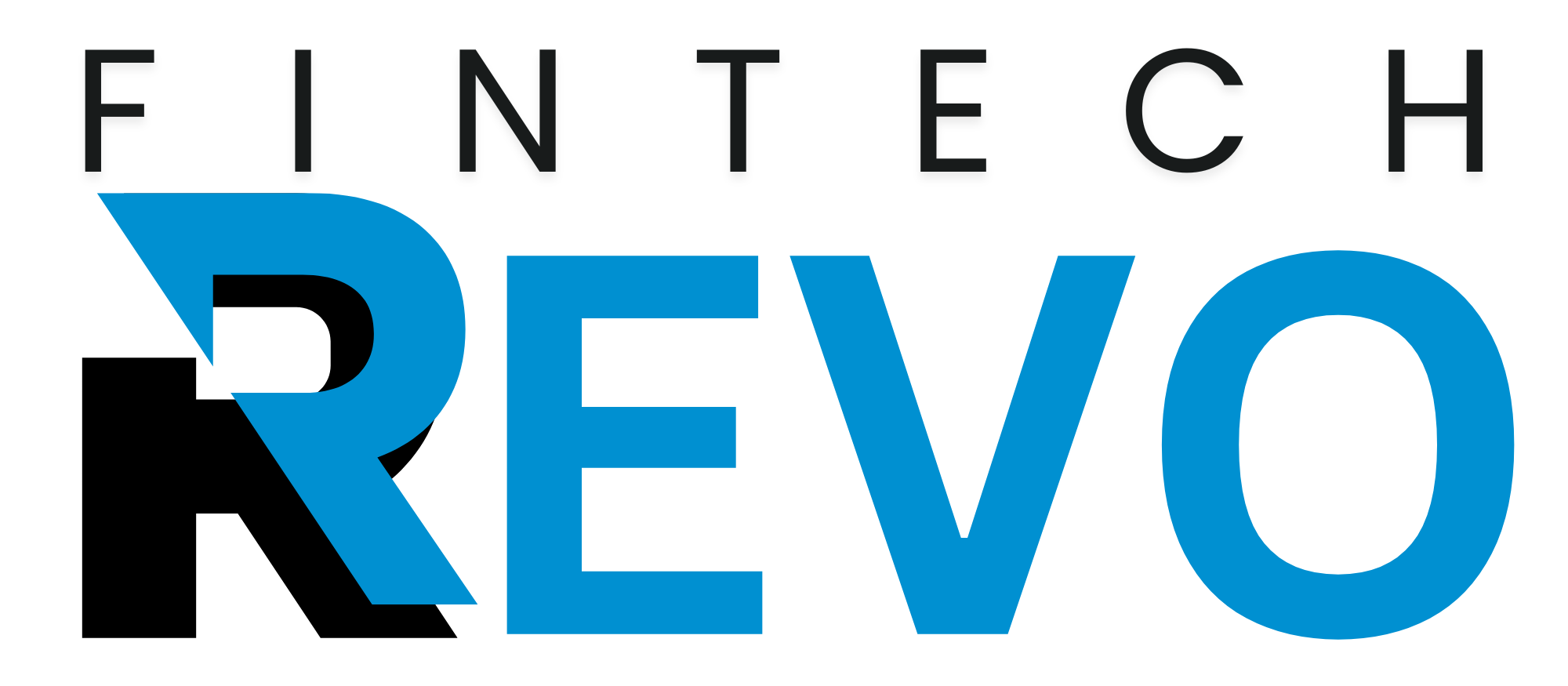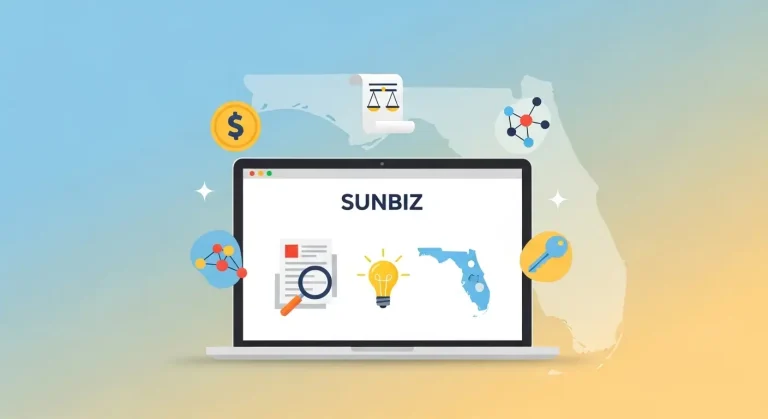If you’ve ever needed a performance guarantee for a project, you’ve likely come across surety bonds. These bonds protect the party requiring the guarantee—often a government agency or large corporation—by ensuring the contractor or service provider fulfils their obligations. Whether you’re a contractor bidding on public works or a business applying for a licence, finding the right surety bond company is crucial for peace of mind and compliance.
In this guide, I’ll break down the top 10 surety bond companies that have earned their reputations through financial strength, customer service, and expertise. You’ll find a clear comparison table first, followed by detailed overviews of each provider.
10 Best Surety Bond Companies in the U.S.
| Rank | Company Name | Notable Strengths | Types of Bonds Offered |
| 1 | Liberty Mutual Surety | Excellent financial stability and global presence | Contract, commercial, and licence bonds |
| 2 | Zurich Surety | Ideal for large-scale and international projects | Performance, payment, and global surety |
| 3 | Travelers Surety | Strong legacy with construction-focused services | Bid, performance, and payment bonds |
| 4 | Chubb Surety | Trusted brand with tailored underwriting | Contract, fidelity, and commercial bonds |
| 5 | CNA Surety (Western Surety) | Fast service and accessible for small businesses | Licence, permit, and court bonds |
| 6 | Great American Insurance Group | Reliable underwriting and claim responsiveness | Contract and commercial surety |
| 7 | The Hartford Surety | Solid reputation with competitive pricing | Contract and licence bonds |
| 8 | Markel Surety | Flexible options for new or small contractors | Subcontractor and transactional bonds |
| 9 | Merchants Bonding Company | Mutual company known for consistent support | Contract and miscellaneous bonds |
| 10 | IAT Surety | Competitive rates and broad commercial focus | Small contract and commercial surety |
Liberty Mutual Surety
Liberty Mutual is often considered the leading surety bond provider in the U.S. It serves both domestic and international markets, offering bonds for contractors, manufacturers, and service businesses. What makes Liberty Mutual stand out is its strong financial backing and responsive underwriting process.
The company supports businesses across all fifty states and has dedicated divisions for construction and commercial surety. Their expertise covers everything from bid and performance bonds to custom surety programs designed for growing businesses. Liberty Mutual is a go-to for firms managing multi-million-dollar contracts that require large bonding capacity.
Best for: Established contractors handling high-value contracts.
Highlight: Offers global surety programs and rapid approval for qualified applicants.
Zurich Surety
Zurich’s history in the surety business spans more than a century. It’s particularly trusted by contractors who manage large or international projects. Zurich’s global presence means clients can rely on them when cross-border compliance is required.
What sets Zurich apart is its ability to support massive project bonds without compromising speed or customer service. They also offer various bond solutions for industries beyond construction, such as energy, logistics, and manufacturing.
Best for: Multinational or large-scale construction companies.
Highlight: Excellent for global surety and multi-jurisdictional bonding.
Travelers Surety
Travelers has built a solid reputation as one of the most reliable names in the surety industry. Its surety division provides both contract and commercial bonds, serving clients of all sizes—from small contractors to Fortune 500 companies.
Travelers excels in offering construction-focused bonds like performance, payment, and maintenance bonds. They’re known for having a deep understanding of the building and infrastructure markets, which helps clients secure approvals quickly.
Best for: Contractors looking for fast, expert support on construction bonds.
Highlight: Deep construction expertise and personalised account management.
Chubb Surety
Chubb’s name is synonymous with financial strength and risk management. Its surety division serves clients that need tailored bond solutions, including unique or hard-to-place risks.
The company offers both contract and commercial bonds, with flexible underwriting terms that appeal to medium and large businesses. Chubb’s claims handling process is transparent and efficient, ensuring clients have support throughout their project lifecycle.
Best for: Companies seeking custom bond solutions or large coverage capacity.
Highlight: Flexible underwriting for complex or high-risk obligations.
CNA Surety (Western Surety)
CNA Surety, operating under Western Surety Company, is one of the most accessible surety providers for smaller and mid-sized businesses. They specialise in licence and permit bonds, making them a popular choice for entrepreneurs and contractors entering regulated industries.
Their easy application process and quick turnaround times make them particularly attractive to businesses that need a bond issued fast. CNA also maintains a wide national agent network to help clients secure bonds locally.
Best for: Small businesses and first-time bond applicants.
Highlight: Simplified process and fast bond issuance.
Great American Insurance Group
Great American’s surety division is well-known for its reliable underwriting and customer-first service approach. They focus on building long-term relationships, offering consistent guidance through every stage of bonding.
Their range of products includes both commercial and contract bonds, covering industries such as construction, transportation, and agriculture. With a proven financial track record, Great American is a steady partner for clients seeking reliability over flashiness.
Best for: Companies needing dependable, relationship-driven surety support.
Highlight: Transparent underwriting and responsive claims process.
The Hartford Surety
The Hartford has a solid position in the U.S. insurance market, and its surety branch upholds that reputation. They’re particularly effective for mid-sized contractors who need fair pricing and straightforward service.
Their bond offerings include contract and licence bonds, and their team is known for educating clients through the process. This makes Hartford a solid option for businesses that may be new to surety bonding but still need a reputable name backing their obligations.
Best for: Mid-sized contractors or service providers with limited surety experience.
Highlight: Competitive rates and educational support.
Markel Surety
Markel’s specialty surety business focuses on clients that fall outside traditional underwriting guidelines—such as startups, subcontractors, or companies with limited financial history.
Their approach is flexible, offering creative solutions like collateral arrangements or co-signed bonds. This makes them one of the more approachable providers for businesses that might otherwise struggle to secure a bond.
Best for: Small or newer companies needing flexible underwriting.
Highlight: Accessible surety options for emerging contractors.
Merchants Bonding Company
As a mutual company, Merchants Bonding operates with a client-focused philosophy rather than shareholder pressure. It’s recognised as one of the top ten surety writers in the U.S., known for consistency and integrity.
They serve both contract and commercial clients, offering quick approvals and renewal support for recurring bonds. Their structure allows them to build long-term relationships with businesses that need frequent bonding.
Best for: Clients looking for stable, relationship-based surety services.
Highlight: Mutual ownership fosters a customer-first approach.
IAT Surety
IAT Surety might not have the same brand recognition as some giants, but it has carved out a respectable position in the market. It’s particularly competitive for smaller contract bonds and general commercial surety.
Businesses working on moderate-value projects often choose IAT for its balance of affordability and reliable service. Their team takes a pragmatic approach to underwriting, making them a good fit for clients seeking straightforward solutions.
Best for: Small to mid-sized contractors seeking affordable bonding options.
Highlight: Competitive pricing and quick response times.
How to Choose the Right Surety Bond Partner
Selecting the right surety company depends on your business’s size, financial profile, and bonding needs. Here are a few key points to guide your decision:
- Bond type: Identify whether you need a contract bond (for projects) or a commercial bond (for compliance).
- Financial strength: Choose companies rated “A” or higher by major rating agencies.
- Industry expertise: Construction firms benefit from sureties with experience in the same field.
- Underwriting flexibility: New businesses or those with credit challenges should seek companies like Markel or CNA that offer flexible terms.
- Customer support: Reliable communication and fast claims processing can make a big difference when deadlines are tight.
Final Thoughts
Surety bonding isn’t just a legal requirement—it’s a business safeguard. Working with a trustworthy surety company ensures that your projects stay on track and your reputation remains intact. Each company on this list has proven its reliability and financial strength, but the best choice for you will depend on your contract scale, experience level, and bond history.
Whether you’re an established contractor managing multimillion-dollar infrastructure projects or a new business owner applying for your first licence bond, choosing the right surety partner can make all the difference in keeping your operations running smoothly and your clients confident in your commitment.
Visit homepage for more.
Important Questions
What factors influence the cost of a surety bond for contractors and service businesses?
The cost of a surety bond is determined by several factors including business credit score, financial statements, type of bond required, contract value, and claim history. Established companies with strong credit and low-risk profiles often receive lower premium rates, while new businesses or those with weaker credit might pay higher percentages of the bond amount.
How can small businesses qualify for a surety bond if they have limited financial history?
Smaller firms or startups can still obtain bonding through programs that assess overall business performance, personal credit, and collateral availability. Many surety providers offer special underwriting programs or SBA-backed bonds that make it easier for new entrants to qualify without extensive financial records.
What’s the difference between a performance bond, payment bond, and licence bond?
A performance bond guarantees the completion of a project according to contract terms, while a payment bond ensures subcontractors and suppliers are paid. A licence bond, on the other hand, is a regulatory requirement ensuring a business operates within state or industry laws. Understanding which one you need depends on your contract obligations and local regulations.
Are surety bonds refundable once a project or obligation is completed?
Surety bond premiums are typically non-refundable once the bond is issued, as the company assumes risk from the start of the coverage period. However, some providers may offer pro-rata adjustments or reduced renewal rates if the bond term extends and no claims are filed during the initial period.
How can a business maintain a strong relationship with its surety provider?
Maintaining transparency is key—regularly updating your surety on project performance, financial changes, and future work pipeline helps build trust. Consistent communication allows the provider to offer better rates, faster approvals, and higher bond capacity when you need it most.
What happens if a claim is filed against a surety bond?
When a claim is made, the surety company investigates to verify its validity. If the claim is legitimate, the surety compensates the obligee up to the bond limit and then seeks reimbursement from the bonded business. This underscores the importance of fulfilling contractual and regulatory obligations to avoid financial and reputational impact.
Can multiple bonds be held simultaneously for different projects?
Yes, many contractors and service firms hold several active bonds at once, particularly when managing multiple contracts. Large surety providers often set aggregate limits, meaning they assess the total bonded exposure and adjust capacity based on your overall financial strength and ongoing obligations.






